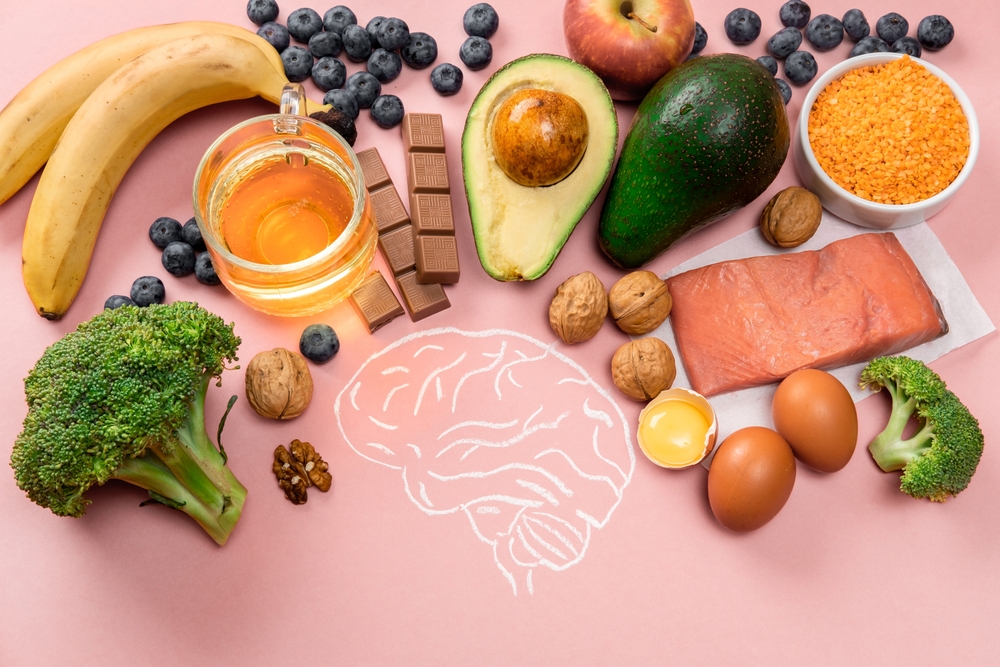In recent years, science has revealed something both surprising and incredibly important: the gut and brain are more connected than we ever imagined. It turns out that what happens in your digestive system doesn’t stay there: it can influence how you feel, think, and even how well you manage stress and mood changes.
This connection between gut health and mental health is part of a growing field known as the gut-brain axis. Whether you’re experiencing anxiety, depression, or mood swings, understanding this relationship may offer new insight into how the body and mind work together and why addressing one can help support the other.
What Is the Gut-Brain Axis?
The gut-brain axis refers to the two-way communication system between your gastrointestinal tract and your brain. This system relies on a complex network of nerves, hormones, and biochemical messengers to keep your body in balance.
The vagus nerve plays a major role in this communication, serving as a direct link between the brain and the digestive system. But the connection goes even further: your gut is home to trillions of bacteria (known as the gut microbiome) that produce compounds influencing brain function, including neurotransmitters like serotonin and dopamine.
In fact, scientists estimate that around 90% of the body’s serotonin, a neurotransmitter that regulates mood, appetite, and sleep, is produced in the gut.
How Gut Health Can Affect Mood
When your gut is healthy and diverse, it helps support a balanced nervous system. But when something is off due to inflammation, poor diet, illness, or other factors, it can trigger or worsen symptoms like:
- Anxiety
- Depressed mood
- Brain fog
- Sleep disruptions
- Low energy
- Irritability
A gut that’s out of balance can also cause digestive issues like bloating, constipation, or food sensitivities, which can further impact overall well-being.
Conversely, taking steps to improve gut health may lead to benefits in how you feel mentally and emotionally. While research is still developing, early studies suggest that a healthy gut environment may help reduce stress and support emotional resilience.
Common Factors That Influence Gut-Brain Health
Several lifestyle factors influence the health of the gut-brain axis, including:
1. Diet and Nutrient Intake
What you eat plays a critical role in shaping your gut microbiome. Diets high in processed foods, sugar, and unhealthy fats may promote inflammation and reduce gut diversity. In contrast, a diet rich in fiber, fruits, vegetables, and fermented foods supports the growth of beneficial bacteria.
Foods that may benefit gut health include:
- Yogurt with live cultures
- Kefir
- Sauerkraut, kimchi, and other fermented vegetables
- Whole grains, legumes, and nuts
- Leafy greens and colorful fruits
- Omega-3 rich foods like salmon and flaxseed
2. Stress and Sleep
Chronic stress can negatively impact digestion, slow motility, and alter the composition of gut bacteria. Poor sleep also disrupts the balance of the microbiome and can increase inflammation, making it harder to regulate emotions.
Mind-body practices like mindfulness, deep breathing, and consistent sleep habits may help restore balance in both systems.
3. Exercise and Movement
Regular physical activity has been shown to positively influence gut microbiota diversity and improve mood. Even moderate movement like walking or gentle stretching can support digestion and reduce mental fatigue.
4. Medication and Antibiotic Use
Certain medications, especially antibiotics, can deplete beneficial gut bacteria. While antibiotics are sometimes necessary, frequent or long-term use may alter gut health in ways that affect mood and energy levels.
It’s always a good idea to speak with a healthcare provider before making changes to your medication regimen or introducing supplements aimed at gut support.
A Two-Way Street
Just as gut health can affect the brain, mental health can affect the gut. People with anxiety or depression often experience gastrointestinal symptoms like nausea, stomach pain, or irregular digestion, especially during stressful periods. This is why mental health treatment often leads to improvements in physical symptoms as well.
Understanding the gut-brain axis helps reframe these experiences. You’re not imagining it when you feel stress in your stomach. You’re experiencing a real, biological interaction between two deeply connected systems.
Supporting Mental Health Through Gut Awareness
It’s important to remember that improving gut health isn’t a cure-all. But for many people, paying attention to digestion, diet, and daily habits is a meaningful part of the healing process.
If you’re struggling with your mental health, exploring the role of gut health may help you better understand the way your mind and body respond to stress, nourishment, and rest. It can also empower you to make small, intentional choices that support both physical and emotional balance.
A Whole-Person Approach to Mental and Emotional Well-Being in Stuart, FL
The connection between gut health and mental health is a powerful reminder that the brain doesn’t operate in isolation. It’s deeply influenced by the body and especially by the gut. What we eat, how we sleep, how we move, and how we manage stress all play a role in how we feel emotionally.
That’s why mental health care is most effective when it takes the whole person into account. At Mental Health Haven, patients receive care that considers more than just symptoms. Through a deeply individualized approach, factors like nutrition, lifestyle, and overall well-being are explored alongside therapy and clinical insight, creating a path to wellness that honors both mind and body. For appointments, call 772-302-4352. Let’s get better together.






